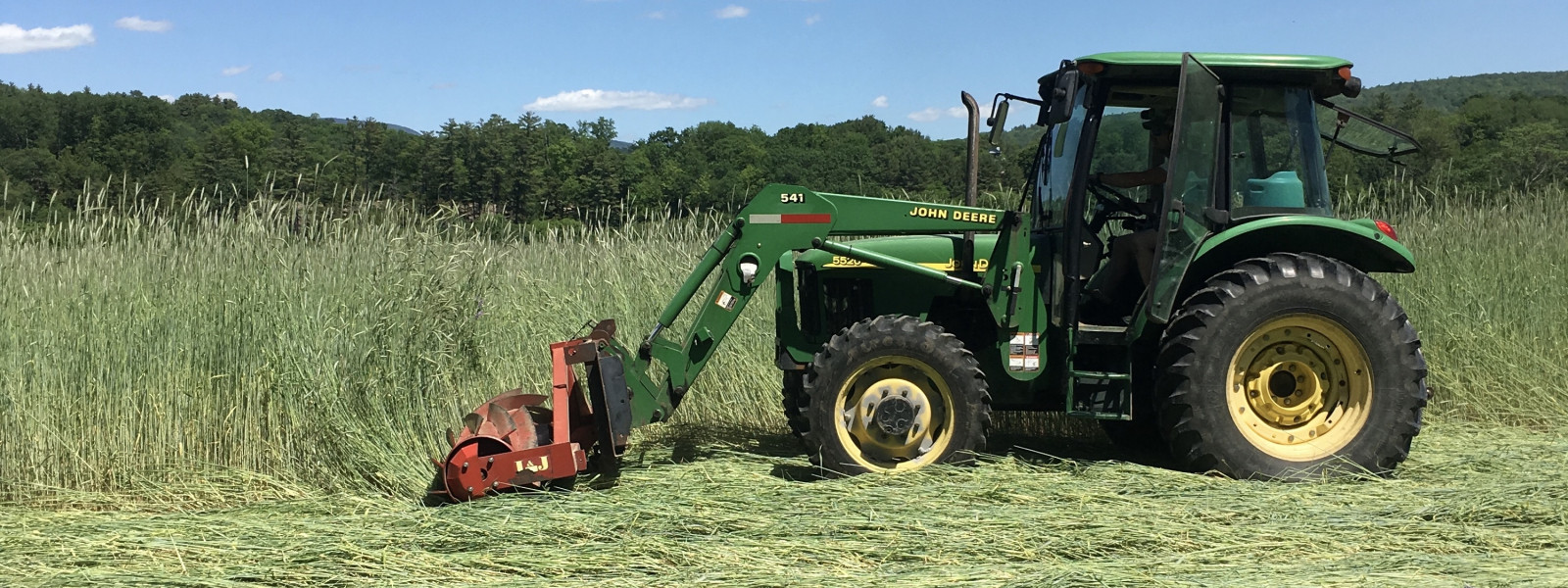Education Programs at Cedar Circle Farm Focus on Ecology & Healthy Food Systems
Education is an integral part of what we do here at Cedar Circle Farm & Education Center. “Our main focus is helping people understand the tie between healthy ecosystems and healthy food systems,” explains Eric Tadlock, our Education Programs Manager.
Across all of the programs we offer, ecology is the main focus; what relationships in the natural world look like, and how those relationships are relevant and necessary in organic and regenerative agriculture.
While kids raised in the Upper Valley may be more aware of where their food comes from than the average American child, it’s still important to remind them that food comes from farms and to teach them that the quality of the food is directly related to the farm’s growing practices.
Running education programs here at the farm (as opposed to in schools) is intentional. A farm provides so many opportunities to learn simple, basic life lessons along with ways to connect to the land and our food. Kids today don’t necessarily have the opportunity to play and learn on a family or friend’s farm as they might have in the past.
Here, they can see, touch, and interact with the soil, plants, animals, and insects. Eric stresses that, while we can’t necessarily teach everything there is to be learned on a farm “we can offer the farm up to be a place for kids to experience and explore those ideas.”
The fun part of Eric’s job is finding different ways for young people to have impactful experiences at the farm. Providing opportunities to taste new foods is one way he does this.
Encouraging kids to step out of their comfort zones to try new foods proves to be easier than you might think. (It doesn’t hurt that most children come to the farm with the mindset that they are going to try new things.) Eric describes to them how their bodies are changing at a rapid rate – their legs are growing, new teeth are coming in, and most importantly, their taste buds are changing and developing – and the foods they eat play an important role in the process, and they are surprisingly willing to try anything from strawberries to raw radishes.
Focusing on the positive things that come from organic agriculture, like delicious produce and healthy ecosystems, rather than the negative impacts of industrial agriculture, teaches kids that the impacts of their choices are far-reaching and, if we’re lucky, will ultimately cultivate a generation of conscious consumers.







